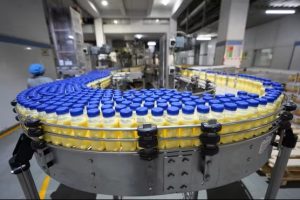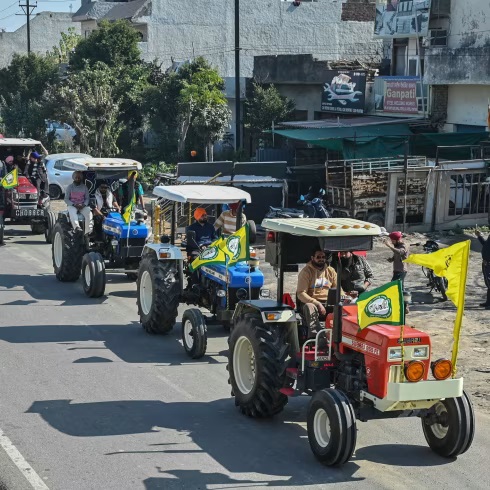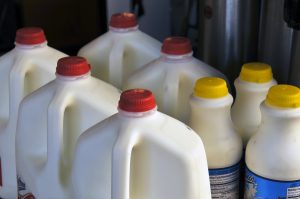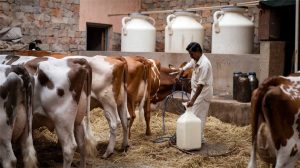
Powerful Indian farm lobbies warn of massive protests if Prime Minister Modi allows cheap, subsidized US agricultural imports in trade talks.
Prime Minister Narendra Modi faces a significant political challenge as high-stakes trade talks with the US place Indian agriculture—a perennial “red line” in trade pacts—squarely in the crosshairs. The US administration, led by President Donald Trump, is aggressively pushing for concessions on agricultural imports, particularly in sectors like maize (corn), rice, and dairy products. This pressure is magnified by Trump’s concurrent threat of maintaining a punishing 50 percent tariff on Indian exports, explicitly citing India’s trade in Russian oil as a retaliatory measure, making the farming dispute a major “sticking point” in negotiations.
The political risk for Modi is immense, given the deep resentment still felt over his 2020 attempts at agricultural reform, which triggered a year-long protest and a rare policy retreat. Farmers, a massive and powerful voting bloc that comprises nearly half of India’s workforce and accounts for almost one-fifth of its GDP, are mobilized. Daljinder Singh Haryaoo, a farmer who grows maize and rice and keeps dairy cows, warned he is ready to renew protests if a deal allows a “flood of cheap US agricultural imports,” asserting that such concessions would “finish” Indian producers.
India’s traditional stance has been to shield its vast, mostly artisanal agricultural sector, which provides livelihoods for hundreds of millions of poor farmers with small, fragmented land holdings (averaging just over one hectare). The sheer scale and sensitive nature of the dairy economics alone present a formidable barrier, with the sector employing some 80 million people and facing specific concerns over US cattle being fed animal byproducts, which conflicts with Indian dietary and religious habits. Rupinder Singh Sodhi, President of the Indian Dairy Association, flatly stated: “India does not need dairy from outside.”
Experts and farm union coordinators are sounding the alarm that subsidized US farming products would “destroy the livelihood of millions of small” Indian farmers, who already operate with low profitability. Mohini Mohan Mishra, general secretary of a farmers’ union linked to Modi’s ideological parent organization, warned that if the government compromises on farmers’ interests, voters will “drag it down.” Similarly, the head of the All India Rice Exporters’ Association noted the impracticality of the US demanding duty-free rice access while refusing to lower tariffs on Indian exports.
While officials briefed on the New Delhi negotiations suggest India might ultimately have to make some concessions, such as allowing limited maize for ethanol production or setting quotas, a full opening of the sector is unlikely. Complicating matters further is the presence of Genetically Modified (GM) crops, such as US maize and soybeans, which clash with India’s strict rules on GM output. The overriding message from the farming community, emblazoned on trucks as “no farmer, no food,” is clear: a free trade agreement that compromises the sector’s protection is “unimaginable.”
Source: Read the full coverage on the political challenge facing India’s agribusiness policy at Financial Times.
You can now read the most important #news on #eDairyNews #Whatsapp channels!!!
🇮🇳 eDairy News ÍNDIA: https://whatsapp.com/channel/0029VaPidCcGpLHImBQk6x1F

















